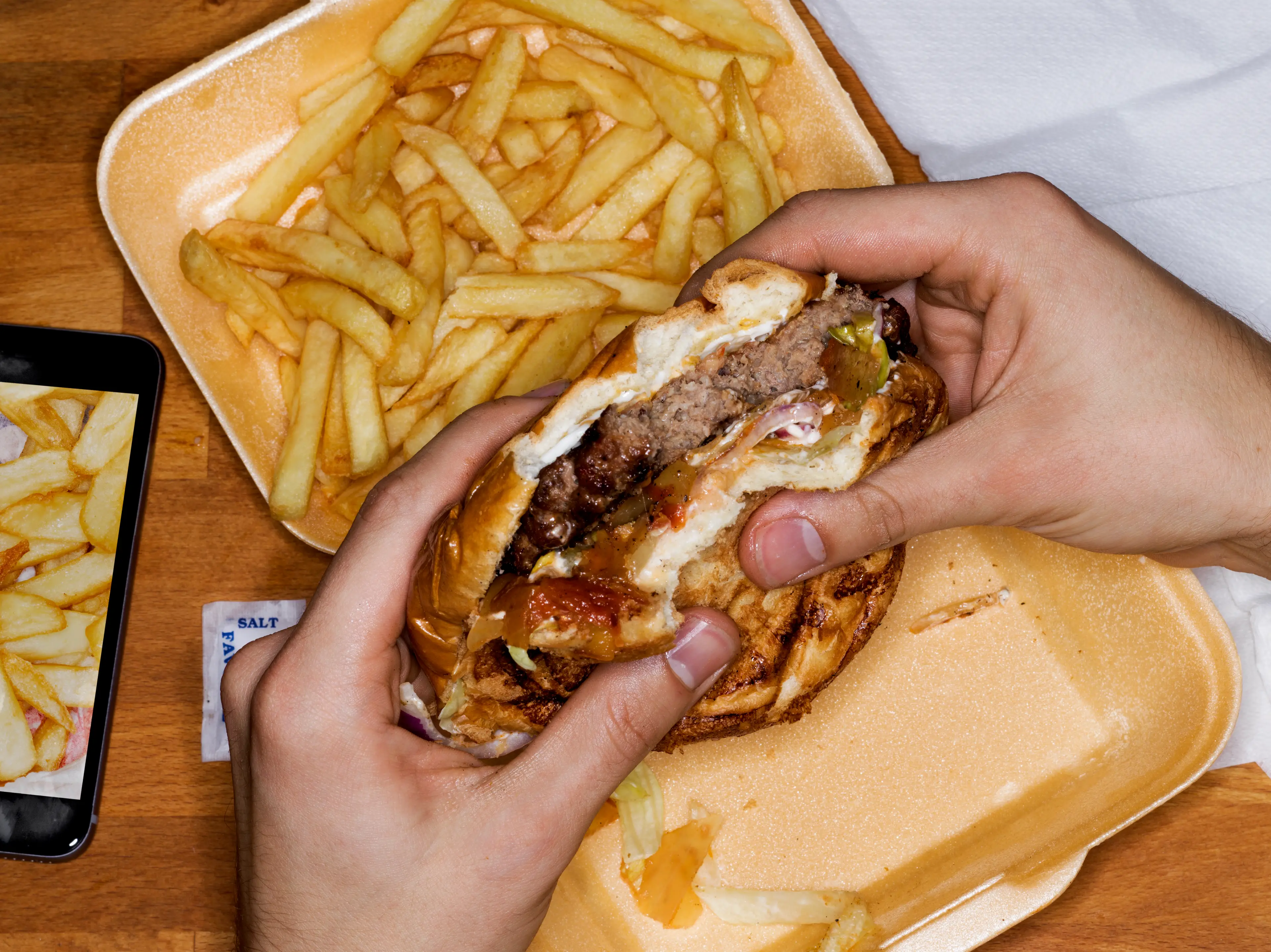
With a rise in bowel cancer among young people, doctors believe there may be one key food habit that lies at its cause - but thankfully there's an important change you can make to lessen the risks.
According to Cancer Research UK, there are around 44,100 new bowel cancer cases being diagnosed in the UK every year, making it the fourth most common cancer for Brits.
The organisation says there are a number of risks involved, and that these will depend on various factors, such as age, genetics and exposure to risk factors - including some 'potentially avoidable lifestyle factors'.
Bowel cancer can include colon cancer, rectal cancer, anal cancer and small bowel cancer.
Diet and colon cancer
Many experts agree that diet plays a prominent role, especially as the Western diet is known for fast food, carbohydrates, sugars, fats and little fibre.
Advert
Tim Spector, an epidemiologist, and scientific co-founder of health science company ZOE, told Newsweek that Gen Z and Millennial diets aren’t great.
He said: "It seems that younger generations want to eat well. However, because 'wellness' has become fashionable, there's a great deal of misinformation on social media.
"This can make it difficult for people of any age to know how to eat healthily.”

UPFs
Ultra-processed foods (UPF) are regularly outed by doctors as a particular culprit, as they are formed industrially from natural foods.
These typically have one or more ingredient that you'd struggle to find in an average kitchen, and commonly include synthetic substances like additives, preservatives, emulsifiers, sweeteners, artificial colours or flavours.
They've become an integral part of a dieting habits, as they're not only often tasty, but often boast a suspiciously lengthy shelf life.
However, as an obvious downside, they are also said to be very detrimental to our health.

How to eat less processed food
According to the ZOE website, one way to eat fewer UPFs is to up your intake of unprocessed, or 'minimally processed' food.
These include:
- fruit and vegetables (both fresh and frozen)
- dried fruits and nuts with no added sugar, salt, or oil
- pulses and legumes (such as chickpeas and lentils)
- whole grain starchy carbohydrates (whole wheat bread, oats, whole wheat pasta)
- fresh meat, poultry, fish, and eggs
- plain or natural yogurt with no added sugar
- spices and herbs
- tea, coffee, water
As well as this, you can also take a number of other steps, such as: cooking at home as often as possible; bringing a packed lunch to school or work; checking food labels for saturated fat, sodium, and sugar quantity; snacking on whole foods over pre-packaged snacks; and trying to reduce how much fast food you eat.